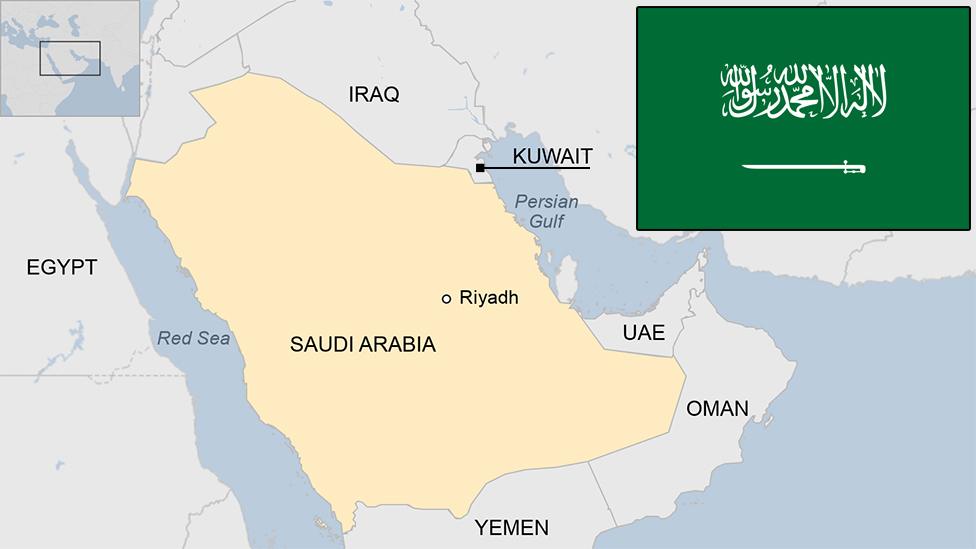Kuwait country profile
- Published
This page is no longer being updated. It was last updated on 18 December 2023

Oil-rich Kuwait is a tiny country nestling at the top of the Gulf. Flanked by powerful neighbours Saudi Arabia, Iraq and Iran, its strategic location and massive oil reserves make it one of the world's richest countries per capita.
A conservative state with a Sunni Muslim majority and a US ally, Kuwait stands out from the other Gulf monarchies for having the most open political system.
The emirate's parliament has the most powers of any elected body in the Gulf and opposition MPs openly criticise the ruling Al-Sabah family
The ruling family retains full control over key government and executive posts and the emir has the last say in political matters. He also has the power to override or dissolve parliament, and call elections.
But tensions persist between parliament and the cabinet, controlled by the Sabahs, and the government is facing increasing calls for radical political reform from the opposition.
See more country profiles, external - Profiles by BBC Monitoring, external
STATE OF KUWAIT: FACTS
Capital: Kuwait city
Area: 17,818 sq km
Population: 4.4 million
Language: Arabic
Life expectancy: 78 years (men) 82 years (women)
LEADER
Emir: Sheikh Mishal Al-Ahmad Al-Jaber Al-Sabah
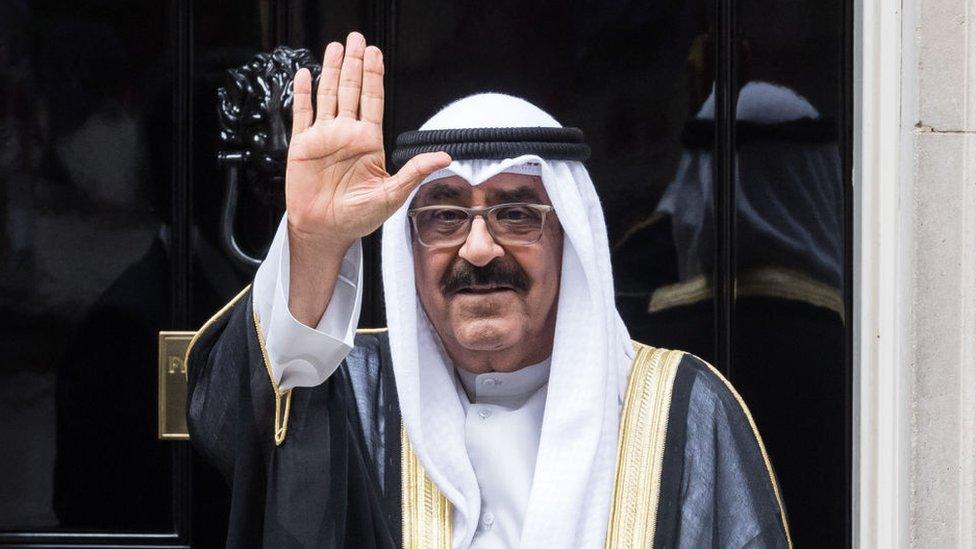
Sheikh Mishal became emir, aged 83, on the death of his half-brother Nawaf Al-Ahmad Al-Jaber Al-Sabah in December 2023.
His appointment earlier as crown prince (next in line to the throne) was seen as a sign that Kuwait's rulers wanted to avoid significant change, such as a transition to the next generation of leaders.
His half-brother Sheikh Nawaf became emir in 2020. He was defence minister when Iraq invaded and occupied Kuwait in 1990, sparking the beginning of the Gulf War, and later went onto serve as interior minister.
Compared to his predecessor, who served as emir for more than a decade and shaped the country's foreign policy for 50 years, Sheikh Nawaf's time as ruler was relatively short, just three years.
MEDIA
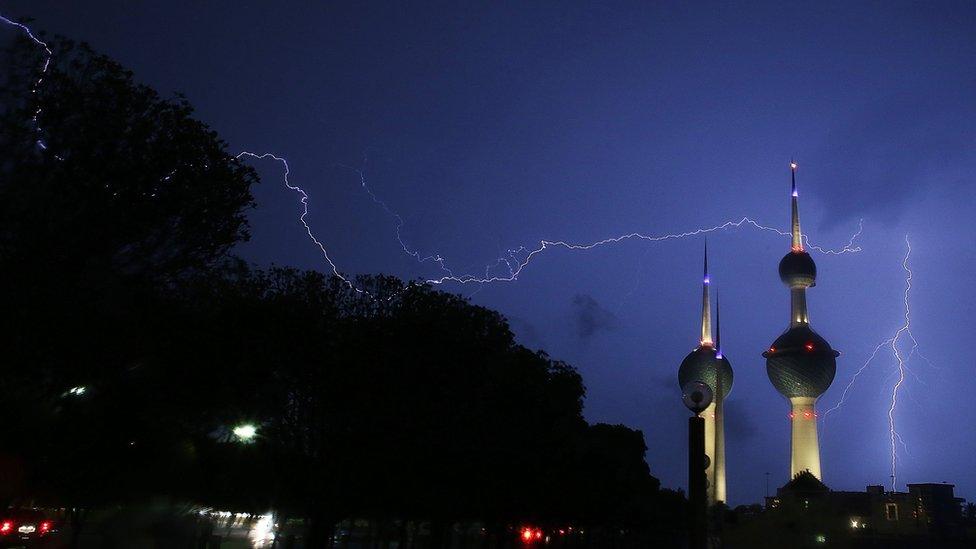
The authorities place limits on media freedom, and legislation provides for punishments for criticism of the emir and the government. State broadcasters operate alongside privately-owned outlets. Internet use is among the highest in the region.
TIMELINE
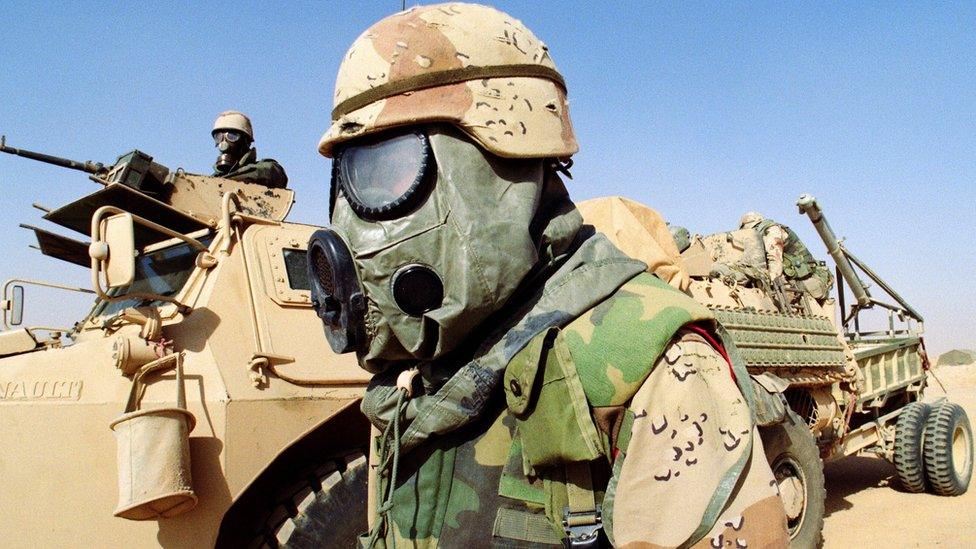
A multi-national force came to Kuwait's aid during the 'Desert Storm' offensive to expel Iraqi invaders in 1991
Some key dates in Kuwait's history:
1700s - Nomadic tribes from central Arabia settle in the bay of Kuwait City, among them the Al-Sabah family whose descendants now rule Kuwait.
1899 - British protectorate: Britain assumes control of foreign and defence policy amid fears of an expanding Ottoman Empire.
1930s - Oil: The discovery of massive oil reserves revolutionises the country's economy.
1961- Kuwait gains independence from Britain.
1963 - British military intervention forces Iraq to abandon its territorial claims and recognize Kuwait's independence. Kuwait becomes the first Arab country in the Gulf to establish an elected parliament.
1990-91 - First Gulf War: Iraqi invasion leads to a US-led military campaign to liberate Kuwait. A US-led and UN-backed bombing aerial campaign begins in Kuwait and Iraq. By late February 1991, allied forces reach Kuwait City. Iraqi forces torch oil wells as they pull out.
2003 - Tens of thousands of soldiers converge on the Kuwait-Iraq border for a US-led military campaign to disarm and oust Iraqi leader Saddam Hussein in Second Gulf War.
2003 - Political reform: Emir issues a landmark decree separating the post of prime minister from the crown prince.
2005 - Kuwaiti women win the right to vote and run in parliamentary elections.
2012 - Unprecedented protests call for government reforms.
2015 - Kuwait and four other Gulf states take part in Saudi-led air strikes on Houthi rebels in Yemen.
Suicide bombing at a Shia mosque in Kuwait kills 27 and injures 227 people. Islamic State claims responsibility for what is the largest terror attack in Kuwait's history.
2020 - Covid pandemic exacerbates Kuwait's economic crisis, and country rercords a budget deficit of $46bn.
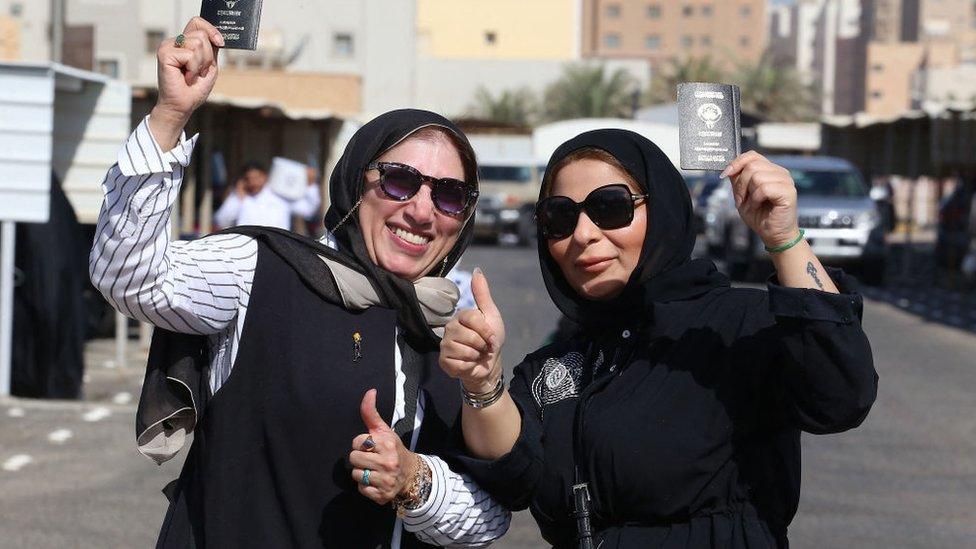
Kuwaiti women display their passports as they vote during the September 2022 parliamentary elections
Related topics
- Published13 September 2023
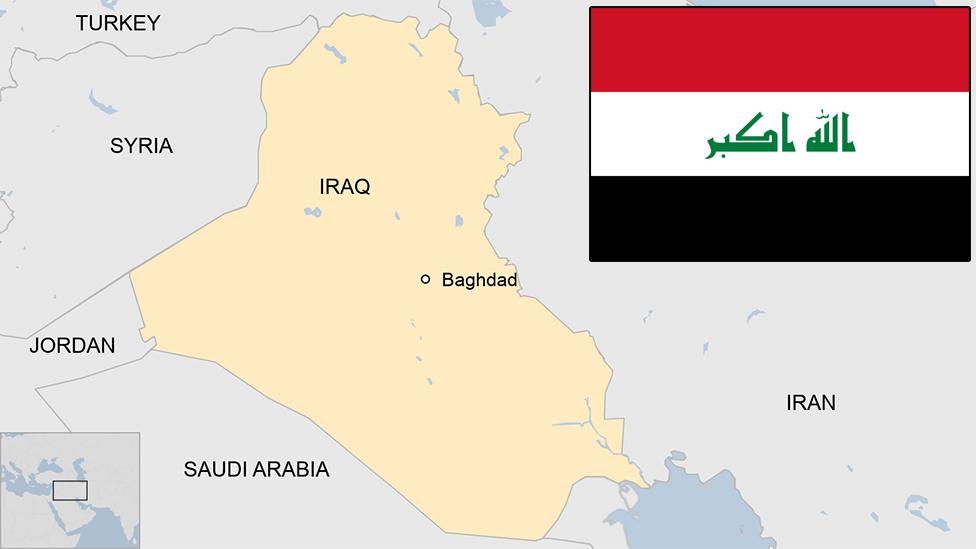
- Published14 October 2024

- Published7 September 2023
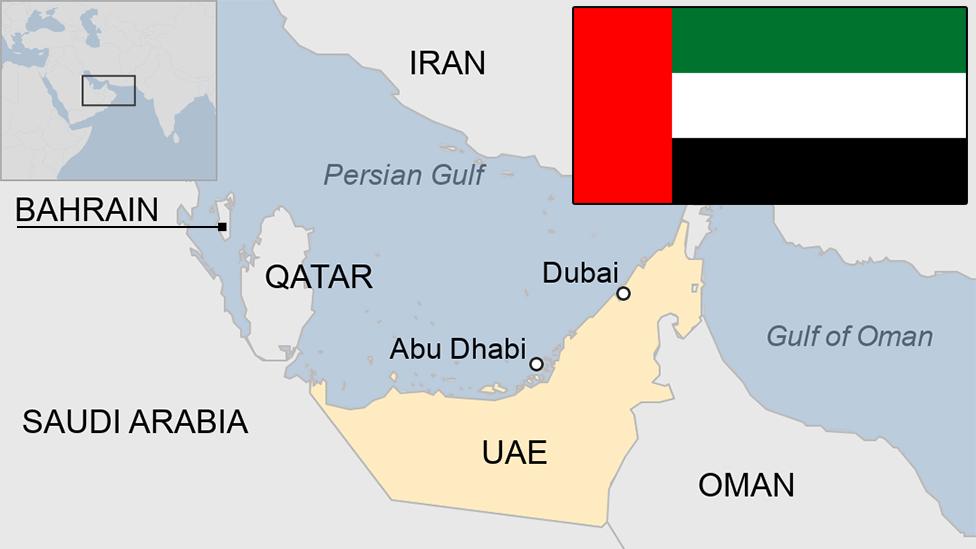
- Published7 September 2023
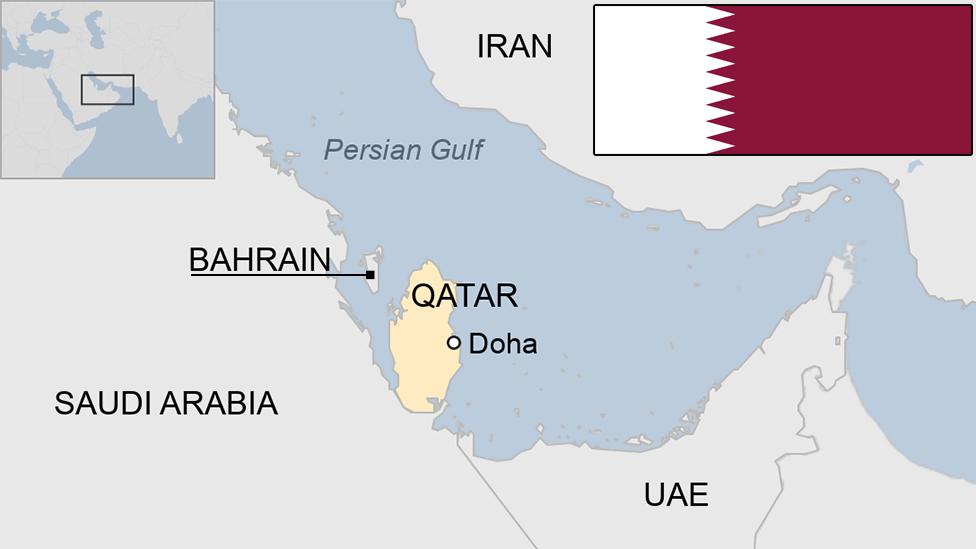
- Published21 August 2023
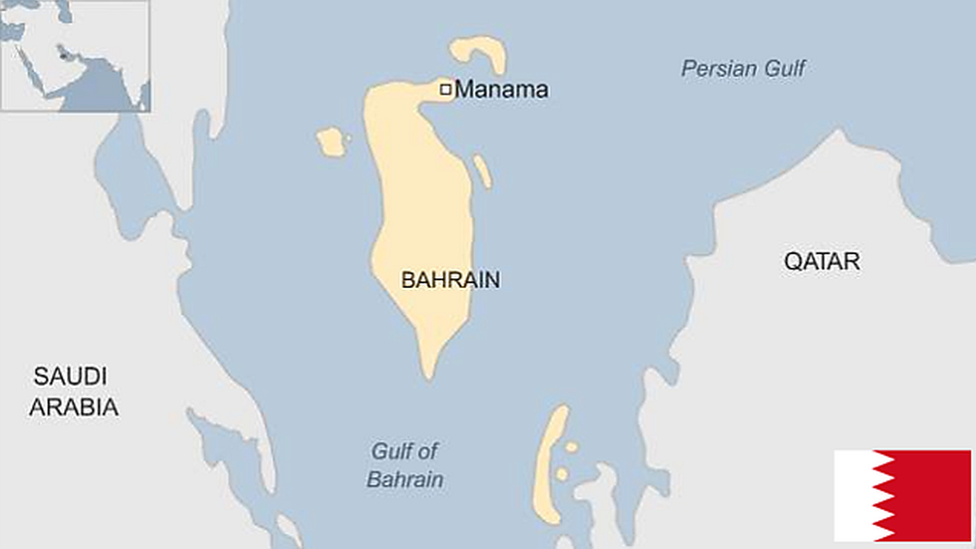
- Published29 August 2023
